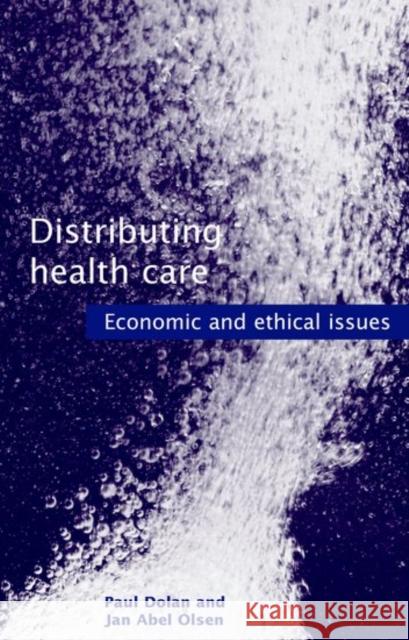Distributing Health Care: Economic and Ethical Issues » książka
Distributing Health Care: Economic and Ethical Issues
ISBN-13: 9780192632531 / Angielski / Miękka / 2003 / 168 str.
This is a new health economics textbook with a difference. It is based firmly in the discipline of economics and, as such, it fills a gap in the health economics market. But, unlike other texts in the area, it is very explicit about the distributive implications of economic models and it provides clear rathionale for public involvement in the market for health care. It separatesthe efficiency reasons for public involvement(based on notions of 'market failure') from the equity reasons(based on the views of society that health care should be distributed according to the notion of health needs rather than according to ability to pay). DEGREESNL The book illustrates the distributional aspects of money flows in the financing and provision of health care, and discusses who are the gainers and who are the losers under different financing arrangements. A central part of the book contains a discussion of those techniques that are increasingly being used to aid decisions about how to distribute health care. Beyond the parameters included in economic evaluation techniques such as cost- benefit analysis and cost-effectiveness analysis, the book discusses some key ethical issues that are relevant for decision-makers when setting health care priorities.











